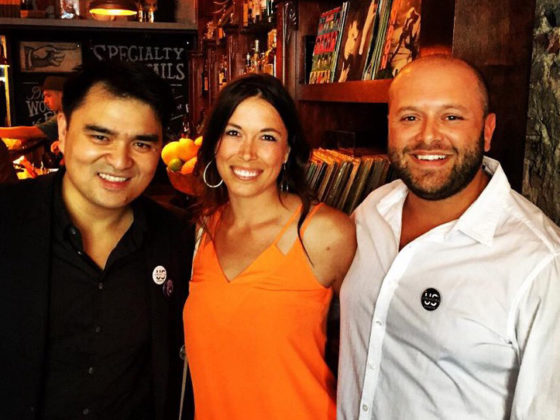J-1. One letter, one number. To many they mean nothing, but to me they meant my legal entry into the United States. They would become the first of many numbers and letters that would become representative of who I am in this country.
It was early 2003. I had recently graduated college in England and had spent a year and a half traveling the world. Six amazing weeks backpacking in South Africa were followed by living and working in Sydney, Australia. (Side note: As British nationals under 30 years old, we can easily get a one-year work visa for Australia by simply applying.)
